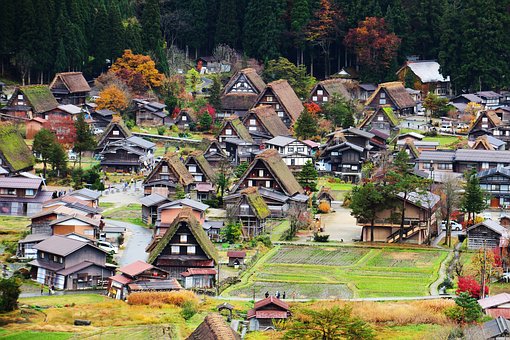What is a Buddha? Is the real Buddha the one appearing in a thangka with golden face and sitting in a full lotus position?
That is only a partially real Buddha. In the view of Mahayana, the Nirmanakaya (Emanation Body) and the Sambhogakaya (Bliss Body) are the manifestations of the Buddha in order to liberate ordinary people and bodhisattvas of the first to the tenth bhumi, respectively. The Nirmanakaya is for the Buddha to communicate with ordinary people. Although Buddha-nature exists within the mind of every sentient being, the Dharmakaya (Truth Body) of the Buddha is rendered powerless to those who have not attained realization and thus must rely on the Nirmanakaya and the Sambhogakaya of the Buddha for guidance to enlightenment. However, neither the Nirmanakaya nor the Sambhogakaya is the true Buddha, only the Dharmakaya, the union of wisdom and compassion, is.
~Depicted from THE RIGHT VIEW - Buddhism—the Definition











